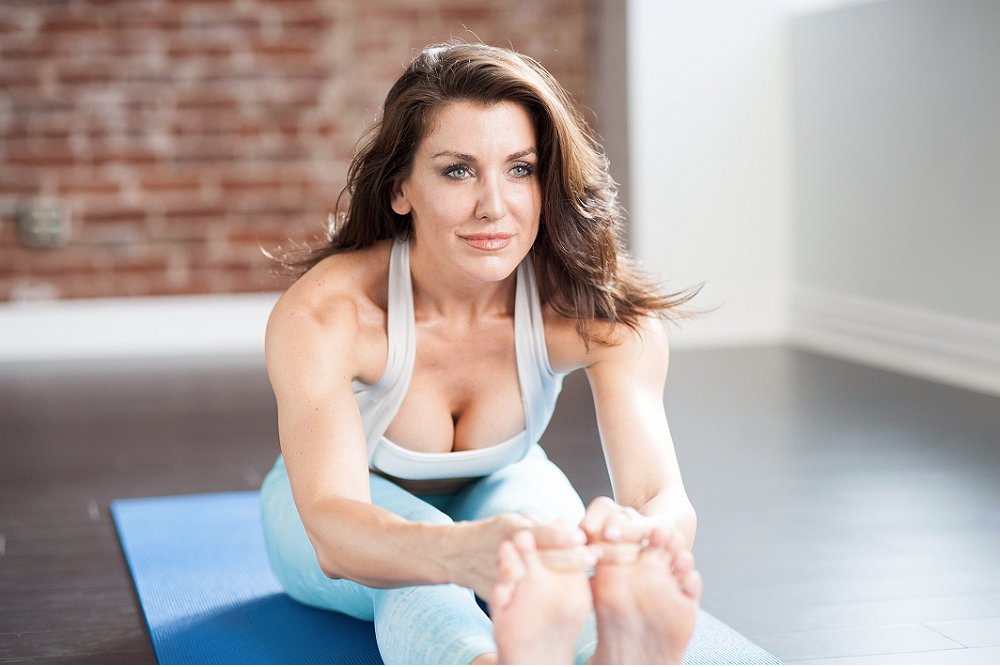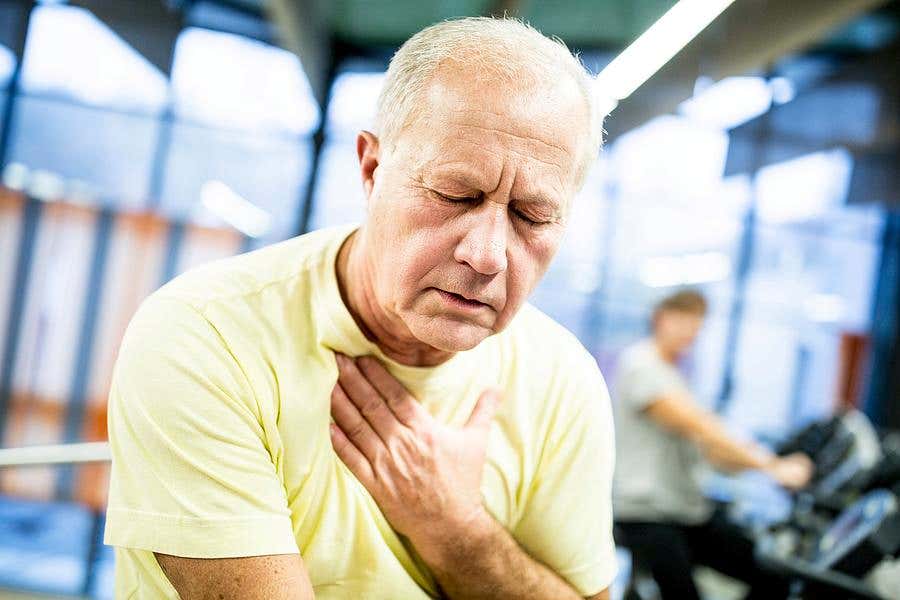Hot yoga may provide significant relief for depression, clinical trial finds
The results present heated yoga as not just a therapeutic exercise but a potential game-changer in non-medication-based depression treatment

[Oct. 26, 2023: Staff Writer, The Brighter Side of News]
A groundbreaking study underlines the significant impact of yoga, aerobic, and breathing control exercises in enhancing lung functionality. (CREDIT: Creative Commons)
In a groundbreaking study recently published in the Journal of Clinical Psychiatry, researchers at the Massachusetts General Hospital (MGH) uncovered compelling evidence suggesting that heated yoga may provide significant relief to individuals battling moderate-to-severe depression.
The study, spearheaded by a team at MGH—a foundational institution within Mass General Brigham (MGB)—involved a rigorous randomized controlled clinical trial. The results present heated yoga as not just a therapeutic exercise but a potential game-changer in the realm of non-medication-based depression treatments.
Over the span of eight weeks, a total of 80 adult participants were meticulously randomized into two distinct groups. The first group was immersed in 90-minute Bikram yoga sessions, all conducted in rooms heated to a steamy 105°F. The contrasting control group, on the other hand, was placed on a waitlist, ultimately participating in the yoga intervention after their stipulated waitlist duration.
(CREDIT: Journal of Clinical Psychiatry)
When it came to analyzing the effects, 33 individuals from the yoga cohort and 32 from the waitlist group were considered.
Despite being prescribed a minimum of two yoga classes weekly, participants from the intervention segment recorded an average attendance of 10.3 classes across the trial's eight-week span.
A Comparative Leap in Symptom Reduction
Once the trial culminated, the statistical differences between both groups were pronounced. Using the clinician-rated Inventory of Depressive Symptomatology (IDS-CR) scale as a benchmark, participants who underwent the heated yoga sessions witnessed a much more significant drop in depressive symptoms compared to those on the waitlist.
Related Stories
A striking 59.3% of participants from the yoga group displayed a symptom reduction of 50% or more. This sharply contrasts with the mere 6.3% recorded in the waitlist group. Furthermore, 44% of the yoga participants' IDS-CR scores plummeted to such an extent that their depression was classified as being in remission. The waitlist group, however, only had 6.3% falling into this category.
Interestingly, the study also hinted that even a single weekly heated yoga session could confer tangible benefits. This insight emerged as even those who received just half of the recommended yoga "dose" showed a notable alleviation in depressive symptoms.
Expert Insights
Lead author Maren Nyer, PhD, who also helms the Yoga Studies division at the Depression Clinical and Research Program at MGH, and serves as an assistant professor of Psychiatry at Harvard Medical School, shared her insights:
(CREDIT: Journal of Clinical Psychiatry)
“Yoga and heat-based interventions could potentially change the course for treatment for patients with depression by providing a non-medication–based approach with additional physical benefits as a bonus.”
Nyer further unveiled that there are ongoing efforts to delineate the unique contributions of each constituent—namely, heat and yoga—to the observed therapeutic effects in battling depression.
Participants' feedback on the heated yoga sessions was overwhelmingly positive. Importantly, no severe adverse effects tied to the intervention were reported.
(CREDIT: Journal of Clinical Psychiatry)
David Mischoulon, MD, PhD, the Director of the Depression Clinical and Research Program at MGH, emphasized the need for future studies. He said, “Future research is needed to compare heated to nonheated yoga for depression to explore whether heat has benefits over and above that of yoga for the treatment of depression, especially given the promising evidence for whole body hyperthermia as a treatment for major depressive disorder.”
As depression continues to affect millions worldwide, innovative approaches such as this heated yoga intervention become increasingly valuable. While further research will undeniably fine-tune our understanding, for now, the study shines a beacon of hope for those seeking alternative, non-pharmaceutical avenues of treatment.
Note: Materials provided above by The Brighter Side of News. Content may be edited for style and length.
Like these kind of feel good stories? Get the Brighter Side of News' newsletter.
Joseph Shavit
Head Science News Writer | Communicating Innovation & Discovery
Based in Los Angeles, Joseph Shavit is an accomplished science journalist, head science news writer and co-founder at The Brighter Side of News, where he translates cutting-edge discoveries into compelling stories for a broad audience. With a strong background spanning science, business, product management, media leadership, and entrepreneurship, Joseph brings a unique perspective to science communication. His expertise allows him to uncover the intersection of technological advancements and market potential, shedding light on how groundbreaking research evolves into transformative products and industries.



